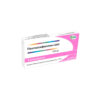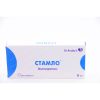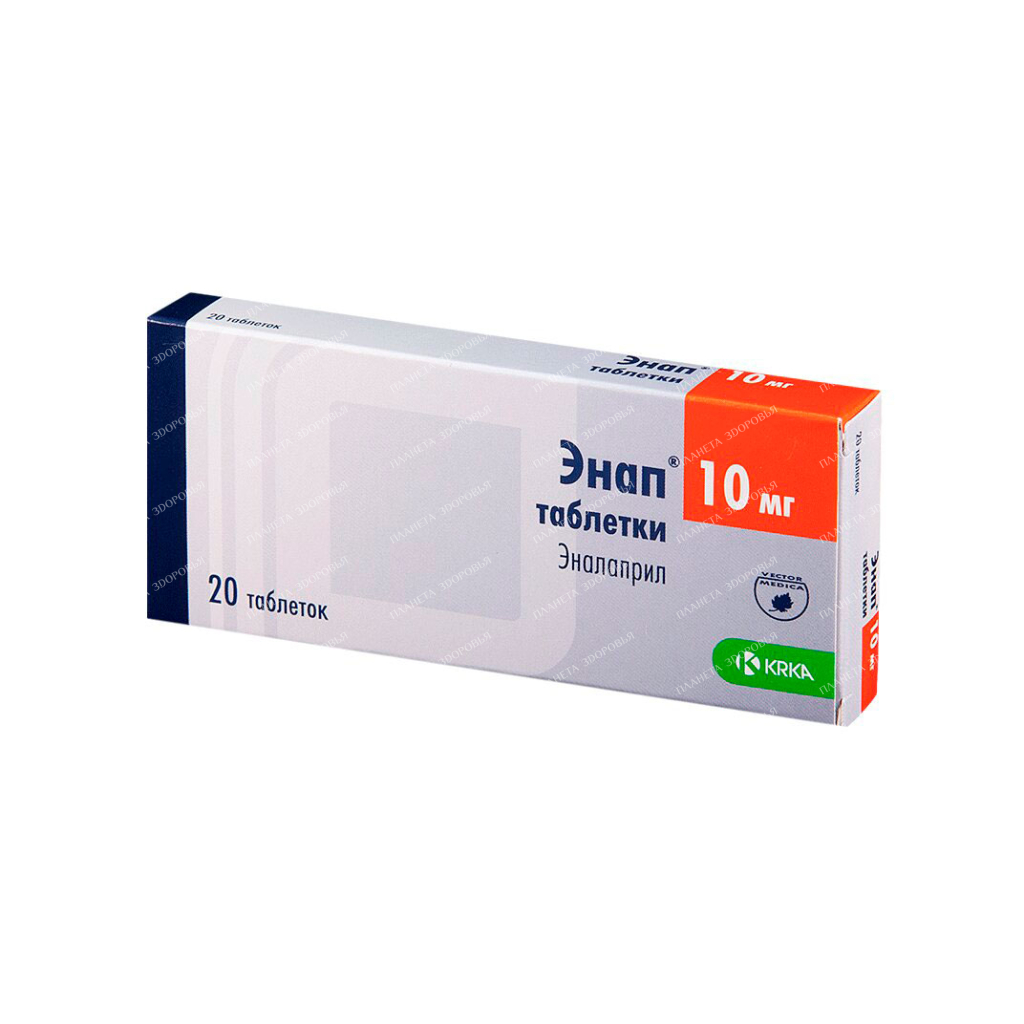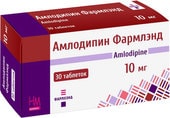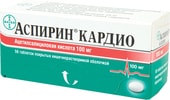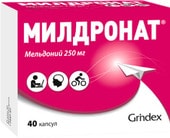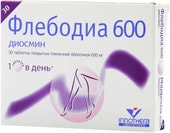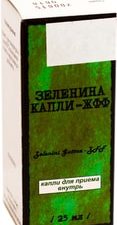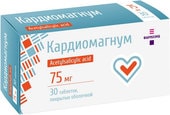Enap Pills 10mg: A Comprehensive Guide to Dosage, Side Effects, and Precautions
Enap® (enalapril maleate) tablets are a popular medication used to treat high blood pressure (hypertension) and heart failure. This comprehensive guide provides detailed information on Enap® 10mg pills, including dosage, precautions, and potential side effects.
Key Features:
- Available in 10mg and 20mg strengths.
- Comes in blister packs of 10 tablets, with 2 or 3 blisters per pack.
- Works by blocking the production of a hormone that narrows blood vessels.
- Helps lower blood pressure and improve heart function.
Dosage:
- Hypertension: The initial dose is typically 5mg to 20mg once daily, adjusted based on individual blood pressure readings and response.
- Heart Failure: The initial dose is 2.5mg once daily, gradually increased to the usual maintenance dose of 20mg, taken once or twice a day.
- Renal Insufficiency: Dosage should be adjusted based on creatinine clearance levels.
- Elderly: Dose should be adjusted based on renal function.
- Children: Limited experience in children with hypertension; dosage should be individualized.
Precautions:
Before taking Enap®, consult with your doctor about:
- Hypersensitivity/Allergy: Enap® can cause allergic reactions, including angioedema (swelling of the face, lips, tongue, and throat).
- Pregnancy: Enap® is not recommended during pregnancy. It can cause birth defects and complications in the fetus.
- Lactation: It’s not recommended for breastfeeding mothers due to potential risks to the infant.
- Renal Insufficiency: Dosage adjustments may be necessary.
- Liver Failure: Use with caution as Enap® may worsen liver function.
- Diabetes: Enap® may affect blood glucose control.
- Surgery: Inform your surgeon about Enap® use before any procedures.
Potential Side Effects:
- Hypotension (low blood pressure): Especially common at the start of treatment, especially in patients with hypovolemia (low blood volume).
- Cough: A persistent dry cough may develop.
- Hyperkalemia (high potassium levels): Especially in patients with renal insufficiency, diabetes, and those taking potassium-sparing diuretics.
- Neutropenia (low white blood cell count): Rare but can increase the risk of infections.
- Angioedema: Swelling of the face, lips, tongue, and throat can be life-threatening.
Important Considerations:
- Take Enap® as prescribed by your doctor.
- Do not stop taking Enap® without your doctor’s guidance.
- Do not take Enap® with other ACE inhibitors or angiotensin II receptor blockers.
- Inform your doctor about any other medications you are taking.
Enap® is an effective and safe treatment for hypertension and heart failure when used correctly and under medical supervision. This information is for general knowledge only and does not replace the advice of a healthcare professional. Always consult with your doctor for personalized advice and treatment.
| INN | ENALAPRIL |
|---|---|
| The code | 249 |
| Barcode | 3 838 989 521 042 |
| Dosage | 10mg |
| Active substance | Enalapril |
| Amount in a package | 20 |
| Manufacturer | KRKA, d.d., Slovenia, Slovenia |
| Trademark | KRKA |
| trade line | Enap |
| Importer | IOOO Interfarmaks 223028 Minsk region, Minsk district, Zhdanovichsky s / s, ag. Zhdanovichi, st. Star, 19a-5, room. 5-2 |
Related products
Cardiovascular Health
 Free worldwide shipping on orders $99+
Free worldwide shipping on orders $99+  US: temporary delays — postal services aligning new import rules,
US: temporary delays — postal services aligning new import rules,  EU: 1–2 weeks,
EU: 1–2 weeks,  Worldwide: 1–4 weeks
Worldwide: 1–4 weeks 

